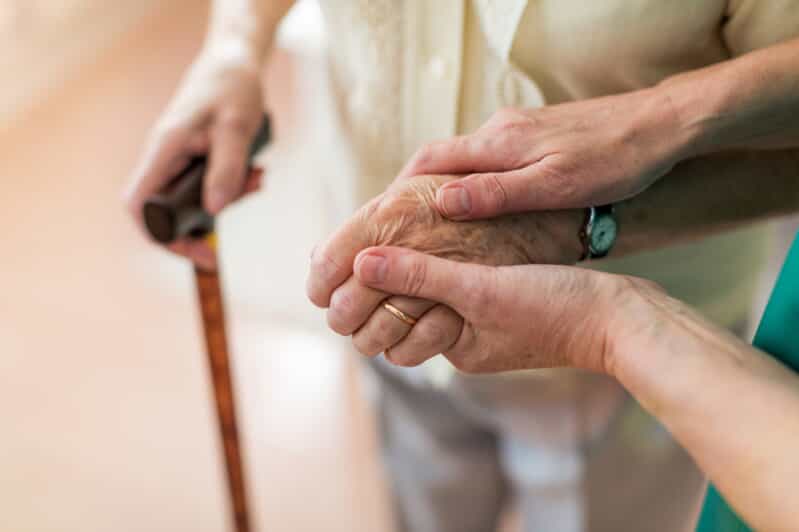
Unfortunately, nursing home abuse victims can be subjected to attacks by other nursing home residents. A study at Weill Cornell Medicine found that 1 in 5 individuals who live in a nursing home have been abused by other residents. There were 2,000 nursing home residents who participated in the study, which found that over 400 individuals involved in the study have experienced at least one instance of abuse by another resident during the four-week study.
According to the study, 45% of these reports were verbal abuse. However, physical abuse accounted for 26% of those who participated in the study. It is important to remember that verbal abuse can lead to physical abuse, which can include sexual violence.
It is the responsibility of nursing home staff to protect residents from abuse by other residents. With proper training, supervision, and monitoring, these incidents can be prevented. The research found that many nursing home abuse cases, which are caused by other residents, are due to a large number of individuals living in a close proximity to each other. In addition, many of these individuals suffer from illnesses that affect cognitive function such as dementia. These illnesses can cause behavioral problems, which is often why the individual is placed in supervised care. In many cases, caregivers are not able to deal with aggression, so they turn to nursing homes who have staff that are trained to handle these individuals. When this occurs, caregivers trust nursing home staff to protect their loved ones from being harmed or harming others. Sadly, the study concluded that nursing home staff and administrators are not up to par when it comes to preventing abuse among residents.
The researchers also noted the study most likely did not address the full degree of the problem. The information that was collected was based on self-reported data that was taken from the residents. These patients have language barriers or health conditions that hindered participation. Although family member and legal guardians were interviewed, they may not know all that happens when they are not around, and residents may not be able to report the abuse.
In addition, researchers had to rely on information and reports from nursing home staff and other residents to validate the reports of abuse. According to one author from the study, “It’s possible the abuse is much more prevalent.” An estimated 3% of all cases of abuse that are reported included sexual abuse by other residents.
When the reports were dealing with physical aggression, pushing and hitting were the most common forms of physical abuse. There was also complaints about invasion of privacy, which involved 20% of reports and included a resident entering another’s room or taking property without permission.
The average age of residents in the study were in their eighties, and two-thirds were women. Furthermore, 16% of these individuals were housed in living quarters designed for residents with dementia.
If nursing home abuse is caused by a staff or other residents, it is important for victims and their family to seek legal advice.

